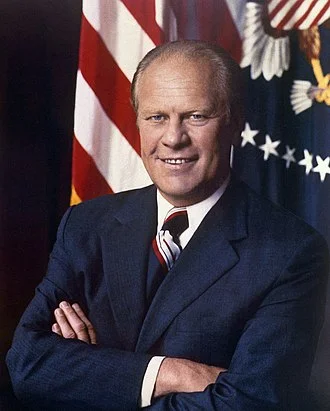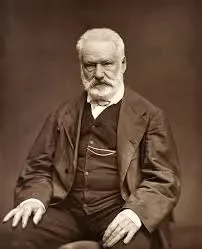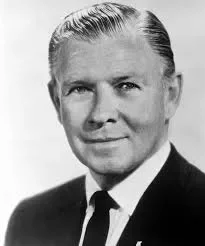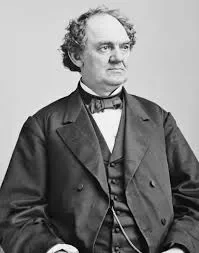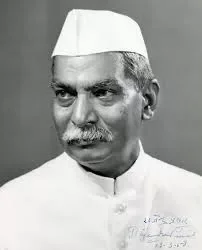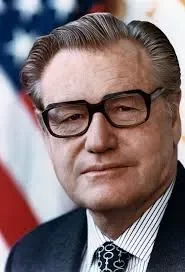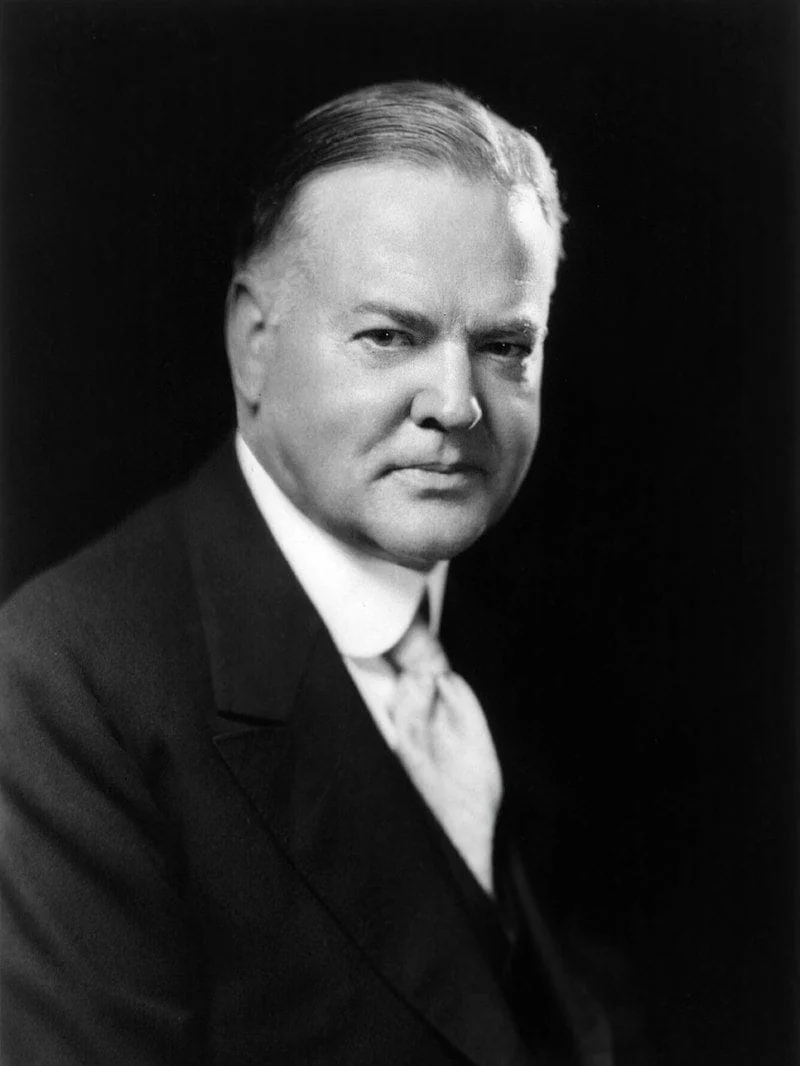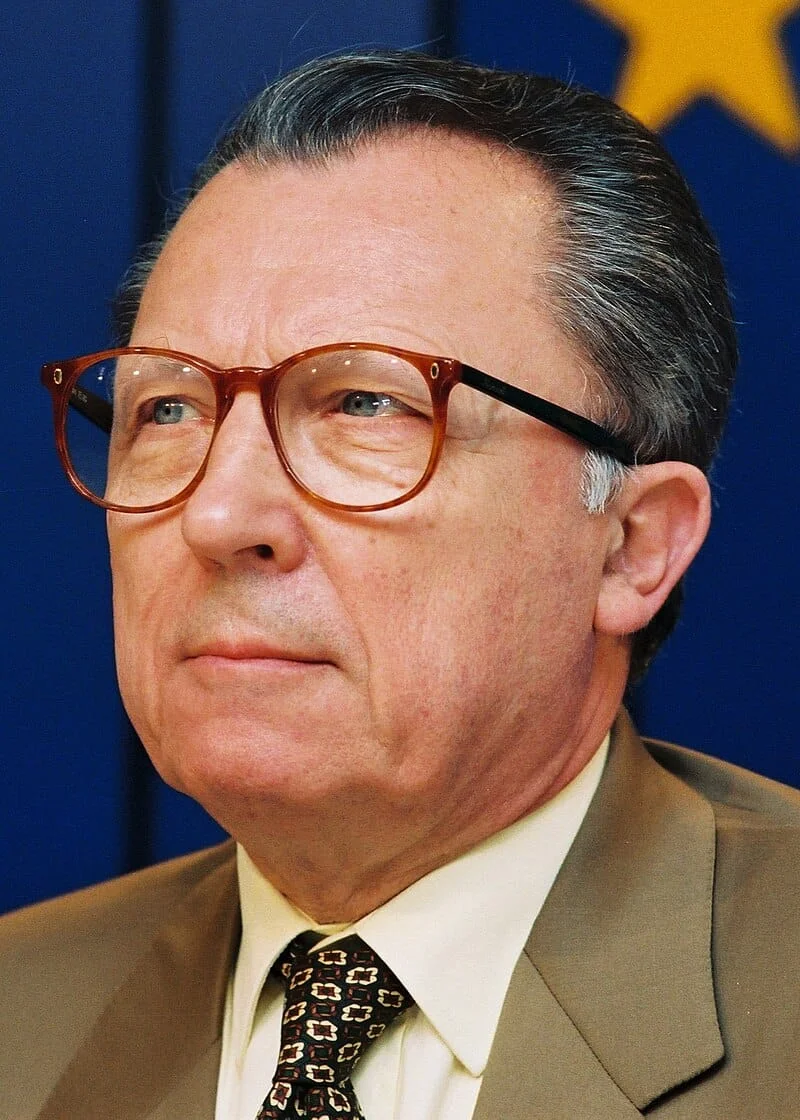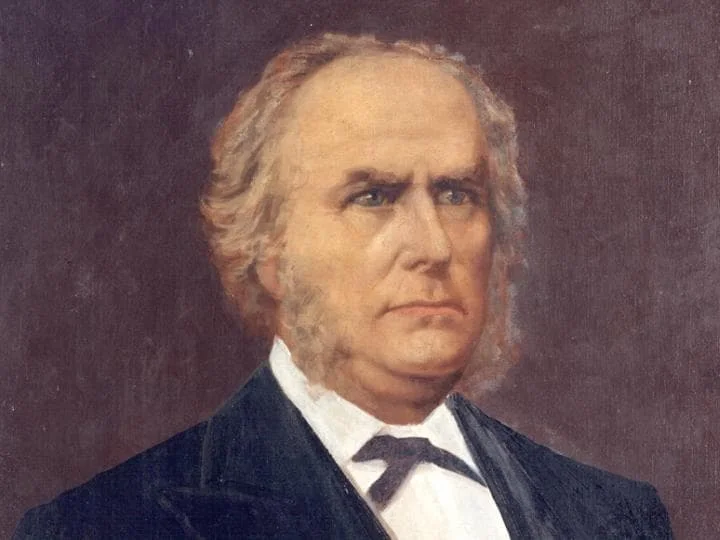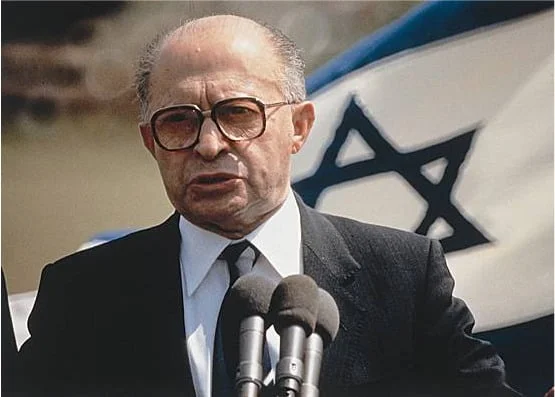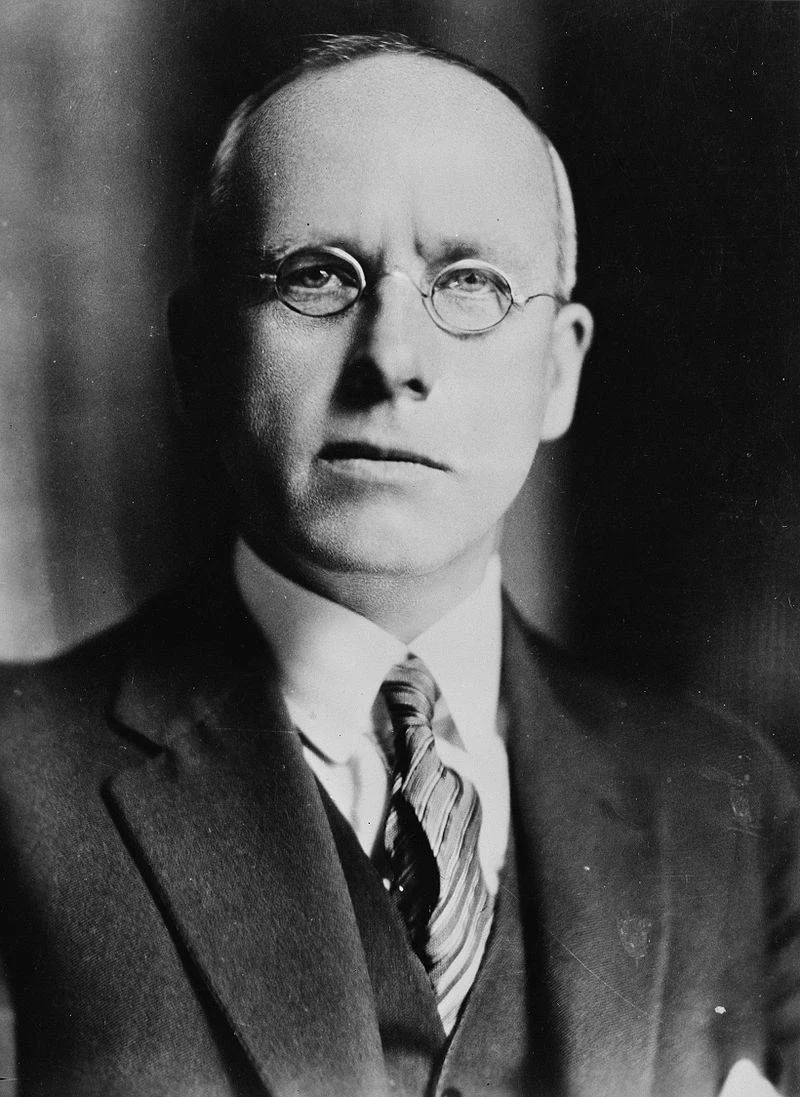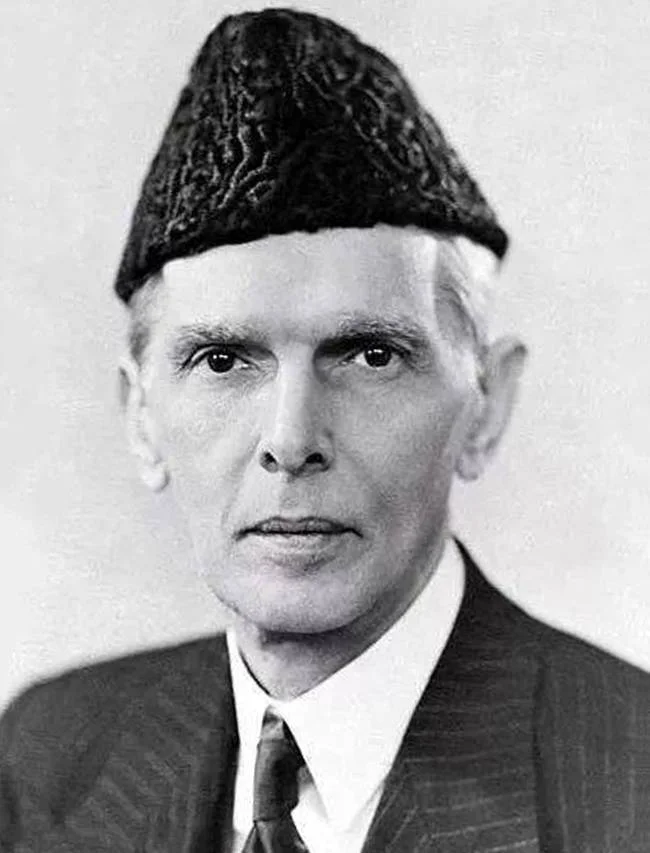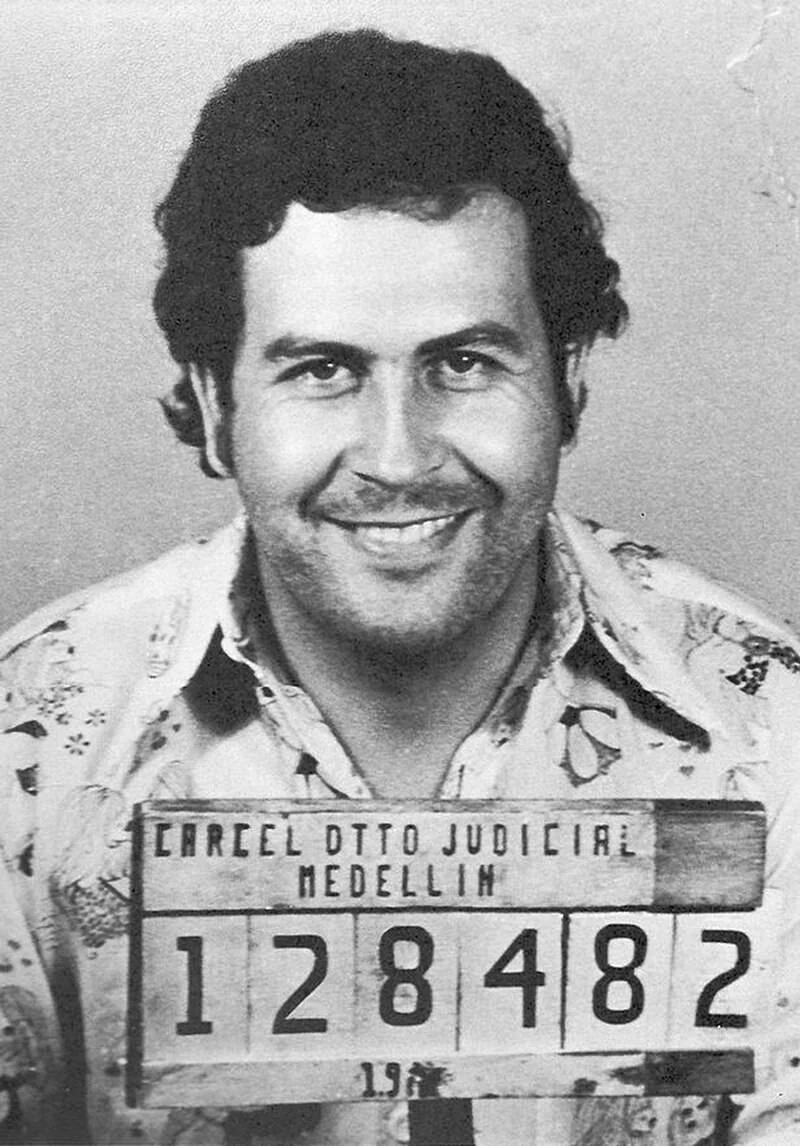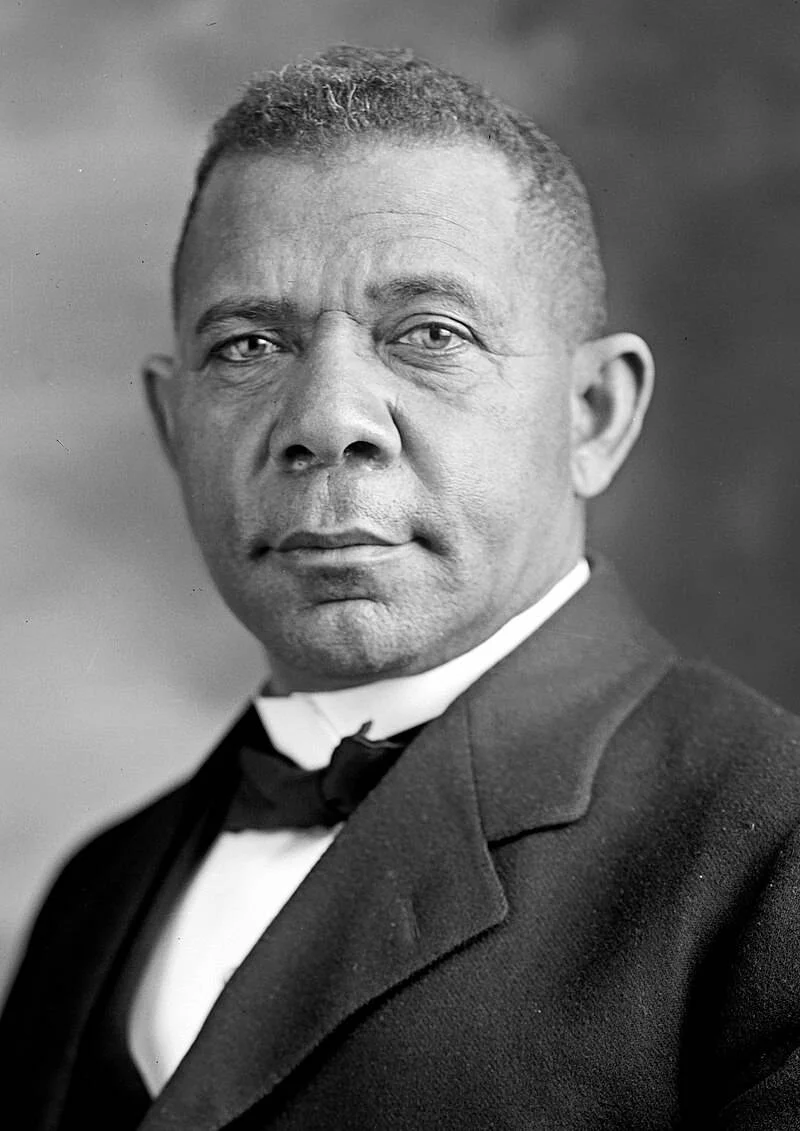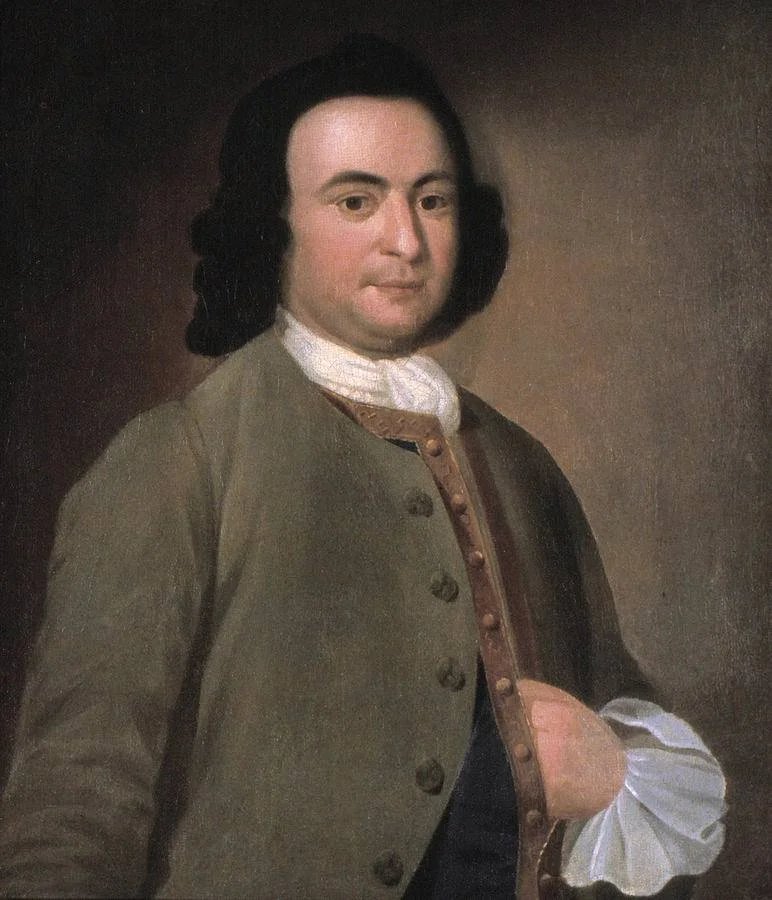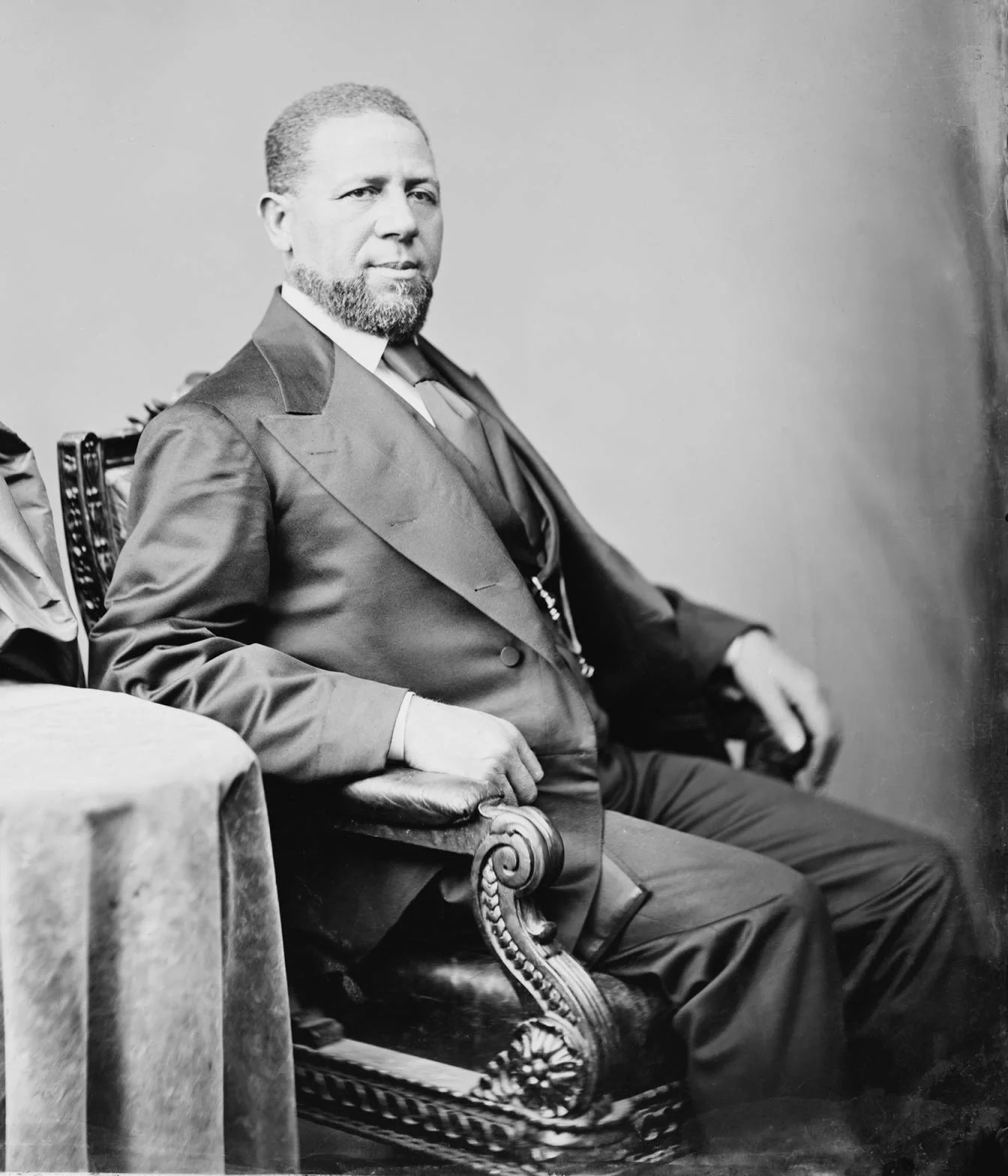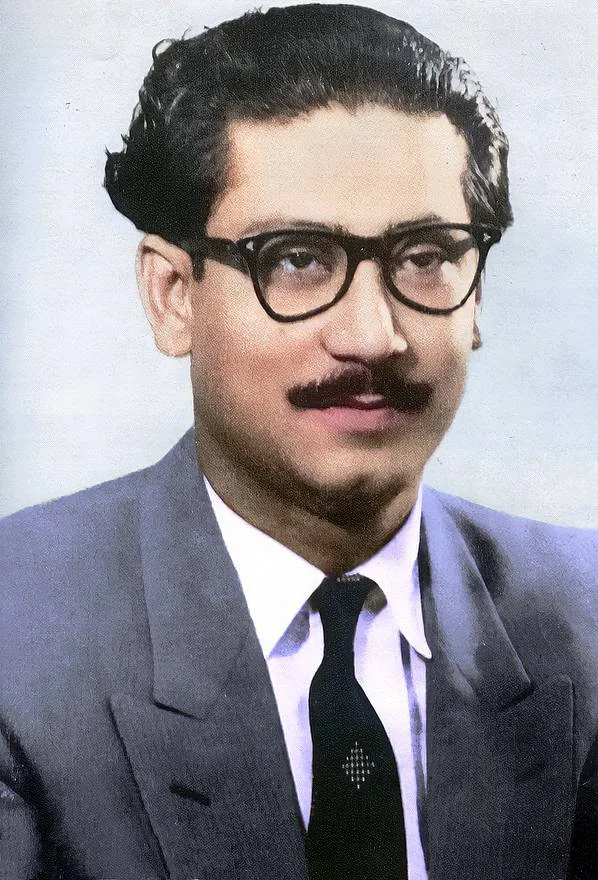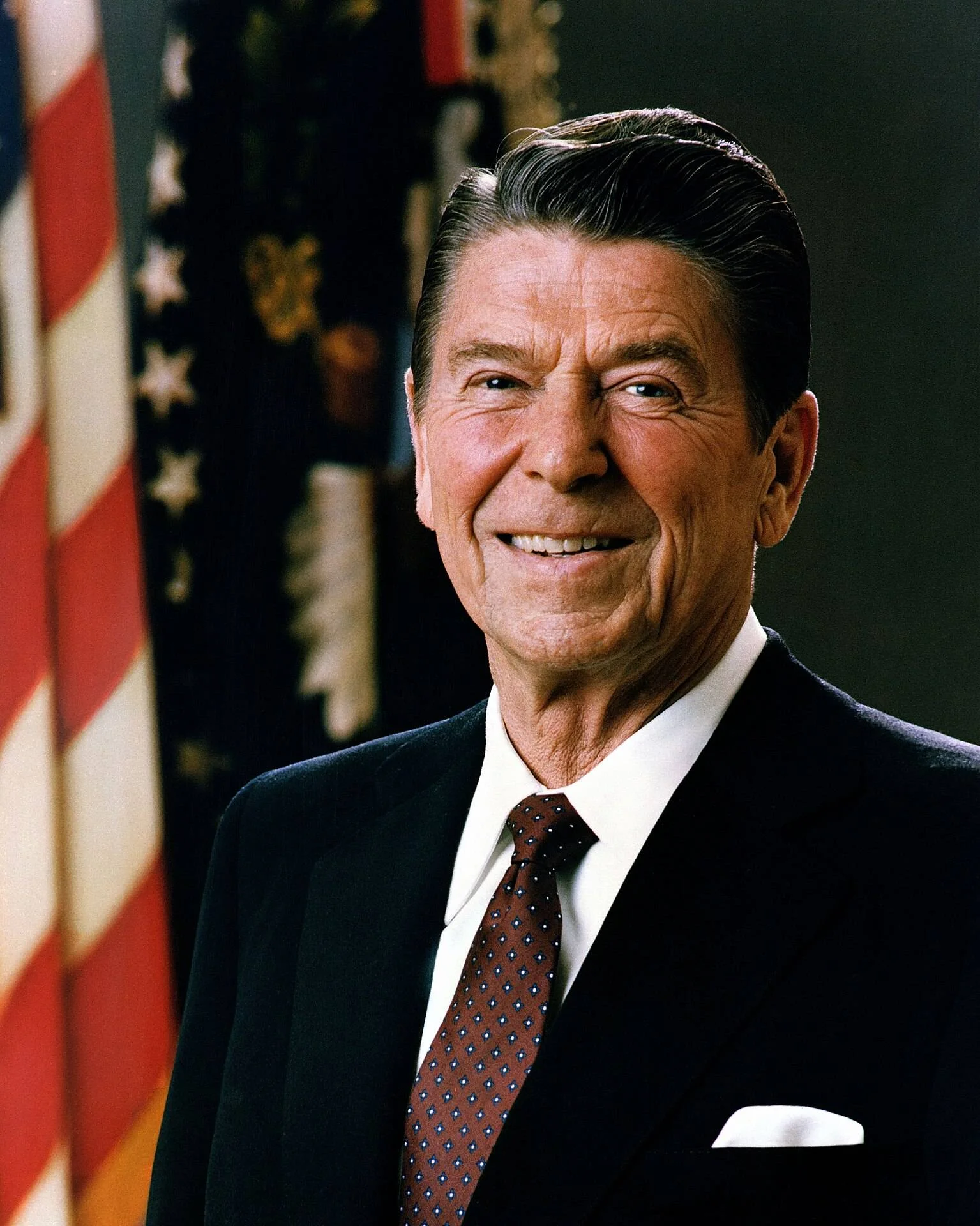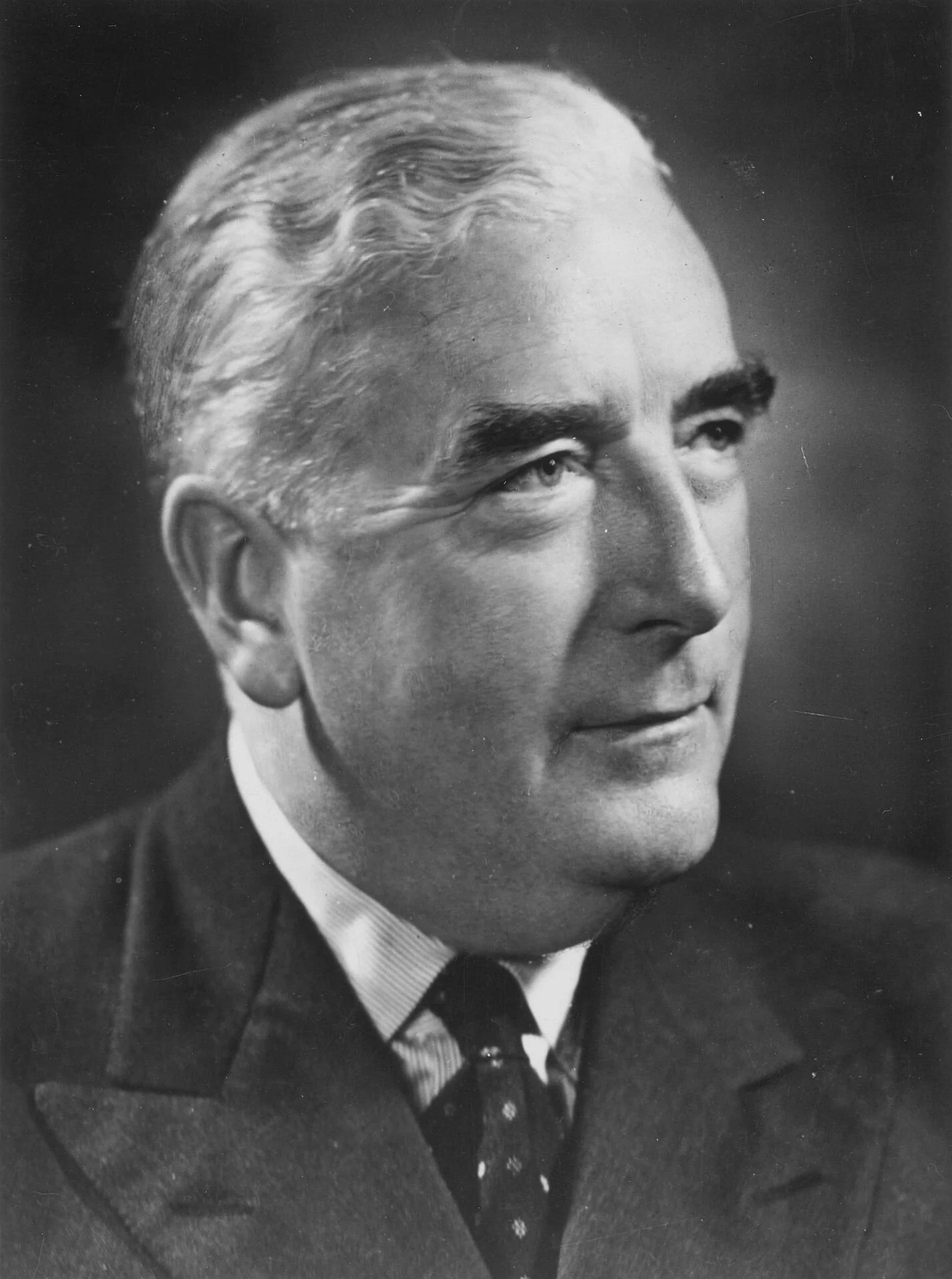Real Celebrities Never Die!
OR
Search For Past Celebrities Whose Birthday You Share
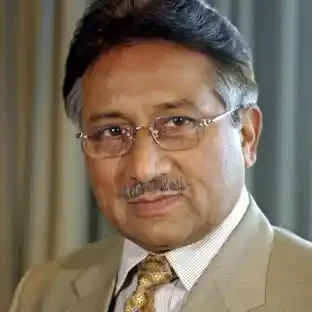
source:https://upload.wikimedia.org
Pervez Musharraf
Birthday:
11 Aug, 1943
Date of Death:
05 Feb, 2023
Cause of death:
amyloidosis
Nationality:
British, Pakistan
Famous As:
Army general
Age at the time of death:
79
Pervez Musharraf's Quote's
Introduction
Pervez Musharraf was a four-star Pakistan army general and politician who served as the tenth President of Pakistan from 2001 to 2008. He was known for his successful military career that spanned several decades, rising to become Chief of Army Staff.
Early Life and Family Background
Musharraf was born on August 11, 1943, in Delhi, British India, and came from an Urdu-speaking family. He was the second son of three boys to Syed Musharrafuddin, his father, who worked as a civil servant, and Begum Zarin Musharraf, his mother, who devoted her life to raising the family. Before leaving for Pakistan, the family lived in a home called Nehar Wali Haveli. In 1947, they left for Pakistan, and Musharraf’s father joined the Pakistan civil services, later serving in Turkey. Musharraf moved to Ankara in 1949, where he became fluent in Turkish, and returned to Pakistan in 1957. There he attended Saint Patrick’s School before joining Christian College University in Lahore, majoring in mathematics but shifting to economics.
Military Career
Pervez Musharraf began his military career at the Pakistan Military Academy in 1961 at the age of 18, forming lifelong friendships. In 1964, he graduated and joined the artillery regiment as the second lieutenant and showcased his courage in the Second Kashmir War, which granted him the Imtiazi Sanad medal. After the war, he joined the Special Service Group from 1966 to 1972, earning promotions as captain. His exceptional service led to promotions, eventually leading him to become the Corps Commander of I Strike Corps in 1995. In 1998, Musharraf became the Chief of Army Staff and held the highest military position in Pakistan, leading multiple army operations.
Political Leadership and Coup
In October 1999, Pervez Musharraf led a bloodless coup that overthrew the government of Prime Minister Nawaz Sharif. After taking hold, Musharraf assumed the position of Chief Executive and swiftly took action to exclude political opponents who posed a threat. During this time, he introduced various reforms to stabilize the economy and engaged in diplomatic efforts to improve Pakistan’s international standing. He also faced suspension from the Commonwealth and introduced constitutional changes. These actions marked Musharraf’s transition from military leader to political figure.
Presidency (2001–2008)
Musharraf served as the president of Pakistan from 2001 to 2008. Under his leadership, Pakistan experienced a period of economic growth and infrastructure development. Musharraf launched several projects to build dams, airports, and highways in the country. He also introduced education reforms to improve the quality of education and took initiatives to empower women in Pakistan.
Controversies and Criticism
Apart from his achievements, Musharraf also made controversial decisions that faced criticism. He suspended the constitution, declared martial law, and imposed emergency rule. In 2007, Musharraf ordered a military operation to raid the Red Mosque, which was occupied by armed militants. This operation resulted in casualties and caused a backlash against Musharraf’s rule.
Exile and Death
Pervez Musharraf passed away on March 4, 2023, due to amyloidosis, a rare disease that affects organs and tissues, at the age of 79, in Dubai, UAE, while in exile. Musharraf had been in self-exile since 2016, and his death came 15 years after he was forced to resign as Pakistan’s President.
Legacy
Musharraf’s legacy remains disputed. He is credited for bringing economic growth to Pakistan but is also criticized for his human rights abuses and controversial decisions.
Name:
Pervez Musharraf
Popular Name:
Pervez Musharraf
Gender:
Male
Cause of Death:
amyloidosis
Spouse:
Place of Birth:
Delhi, British India
Place of Death:
Dubai, United Arab Emirates
Occupation / Profession:
In December 2003, there was an unsuccessful attempt to assassinate Musharraf.
Musharraf has a keen interest in sports, particularly boxing and football.
Musharraf is an avid reader and has a particular interest in military history and strategy.
Hilal-i-Imtiaz
Nishan-e-Imtiaz
Order of King Abdulaziz
Order of Zayed
Tamgha-e-Basalat

